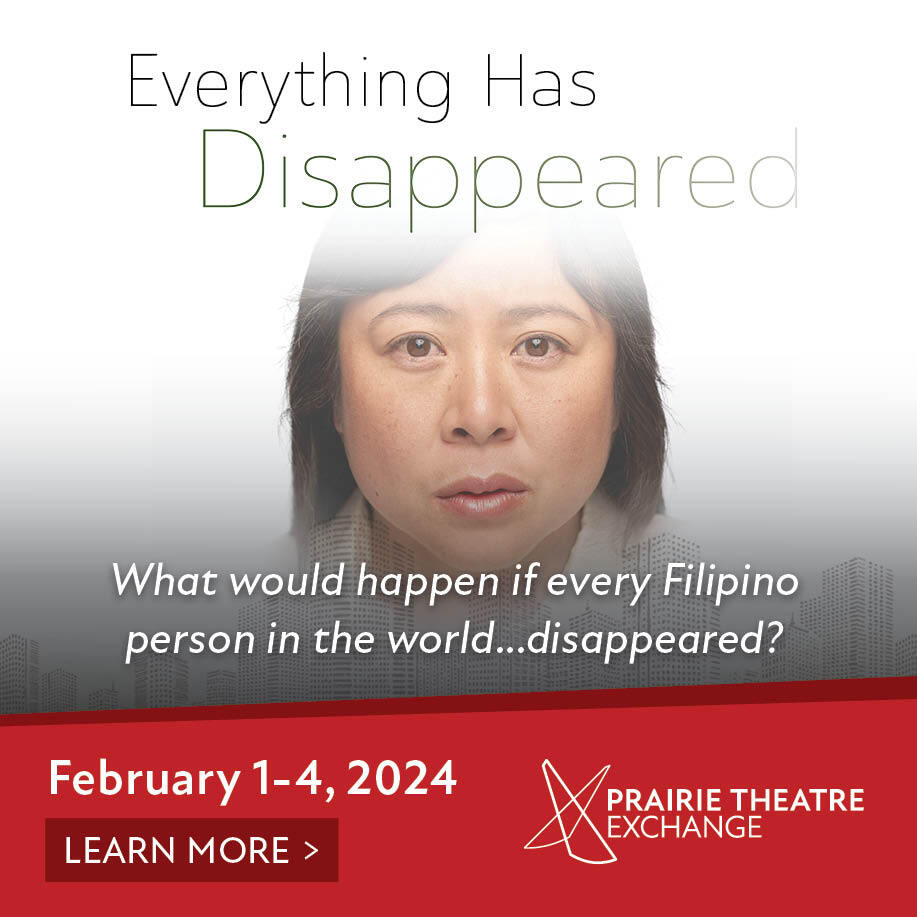I was still in my mom’s womb when the People Power 1 took place. Unlike fashion which is usually popular to one generation but not to the other, the story of EDSA which happened before I was born, I claim, is my story too, as a Filipino. I grew up knowing EDSA 1 from the stories of my dad, and my history teachers.
They told me it happened in February 1986 and it toppled a dictatorial regime. My dad told me how worried he was as a young family man, of the repercussions if things will go out of hand. Even then, like any common tao, he was still for it. He knew what that fight was all about. On the one hand, my grade school teachers pointed out in their lectures, that EDSA 1 brought our country’s freedom back. Hence, were their words- a simple remembrance if the People Power.
As I grew adult, I learned more about the People Power through watching documentaries, and reading testimonies especially of those who played significant roles in the EDSA 1986 Revolution. I was introduced to more names other than the Marcoses and the Aquinos. I heard the stories of mediamen, the religious, young activists, and soldiers, and ordinary people who also took part in the People Power I. As I furthered my interest about the EDSA Revolution, I eventually understood and came to value the Filipinos’ nationalism, my country’s democracy, and its faith on the Divine Intervention. As the late Cardinal Sin put it, “EDSA was not only an act of courage; it was an act of love. Bravery is admirable but love is indispensable. Bravery impresses but love only redeems”. It was the love of country and freedom that washed away fears, and brought together the Filipinos to make history in 1986.
Fast forward. Twenty-five years and gradually, the People Power 1 has merely become a “holiday”, an “event”, and an ‘idea”- devoid of passion and remembrance of what really transpired in February 25, 1986, and how outpouring the emotions were, in the fight for freedom. Slowly, Filipinos become unaffected and cynical about it. It is saddening to know that some Filipinos have thrown cold water on the country’s history. Fortunately though, in the ninety-some million Filipino population, there remains a significant percentage who still believes that EDSA 1 did not turn futile. I count myself in.
While some Filipinos have gone hopeless about the Philippines, I remain hopeful that it can still redeem itself. It might not happen right away, but it will happen, in God’s time. I may sound recondite here, and my statements may not be backed up with evidences, but this is just how I go with my vision.
Besides, I believe in the “process”. Every freedom achieved, or success attained, and history written, outdared a process. It endured different stories— how dreams were born, how people became people, the start and end of relationships, the crash of ambitions, the clash of personalities, the encounters of protagonists and antagonists, and what have you. Pursuits like the Philippines’ quest for overall redemption, will go through a long happy-sad emotion continuum, until it will find itself in final balance. It took more than 300 years before Filipinos ended the Spanish colonization in the country, and fourteen years before Martial Law was brought down. We all have to pass through a process. Hence, though it still appears improbable, Philippines can still save itself, at least, with the way I see it.
Back in college, I had one good conversation with a friend in an ordinary afternoon. He asked me what is the first step to detach from a bad experience, or from negative emotions. I was clueless that time, and trying to be smart, I answered like how beauty pageant candidates do in the question and answer portion. I actually told him that I would think about the consequences of delving myself in bad memories and energies. I actually think I was right in a way, but still was I not quite responsive to the question. He was asking about the first step, and the answer is plain simple. We need to attach ourselves to the experience before detachment takes place. From then on, I have carried with me the “attachment-detachment principle”, most especially in tough times.
Sometimes we need to be wounded, in order to fight back. We need to feel the wrath of others to know that we cannot put up with them. We need to be mad to be able to understand what madness means and then, search what will make us happy. I see the same thing happening in the Philippines- this could be just another process of attachment-detachment. Perhaps we need to attach ourselves to the fangs of poverty, to realize that we are not really poor. Perhaps the country had to have corrupt leaders so someday the Philippines won’t tolerate corruption anymore. After all , how could there exist a therapy if there were no debris that need fixing, or how could there be cure if we do not know that there is such an illness. After all, how could we prove our faith and bravery if we never encountered adversities?
With “the process” and “in God’s time” being mentioned, I do not mean that we just have to lay back and wait until raindrops turn gold. This rather should challenge us to be more enthusiastic in our pursuit to bring back the pride our native country has had lost. We should continue to do something to rebuild a nation, because this is all part of the process. Our efforts will not turn futile. People someday will detach from the bad experience. Our nation will still redeem itself. There is no specific time wnhen will this happen, but with high hopes and strong passion, my heart says it certainly will.
However, it will only happen through us, Filipinos. We have to born and reborn that heroism within, which may be dormant or dying. We do commemorate the People Power 1 not just because it had put down a dictatorial regime, and gave back the freedom stolen from the Filipinos, but also, and more importantly because, we relive the heroism of the Filipinos who dared to bring about change and made history. The Filipino t-shirt print says “where i am from, everyone is a hero”. As long as we can still google the word “Filipino” and the search engine still knows about our nationality, and as long as there is still a Filipino who cares to be called a Filipino, I continue to believe that Philippines can and will still get by.
























